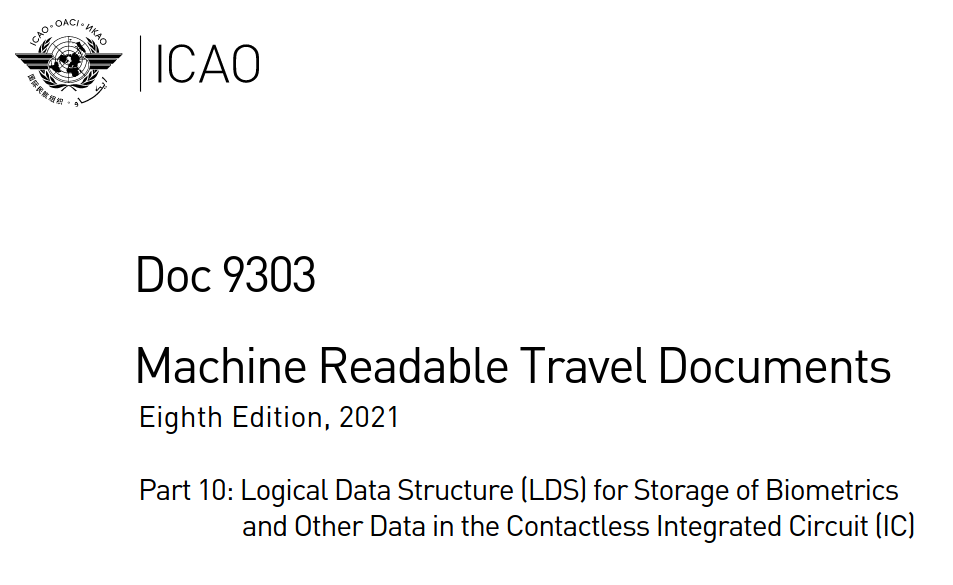TSA launches smartphone-based digital ID scheme
Brushing off objections from the Identity Project and others, the US Transportation Security Administration (TSA) has issued regulations creating the framework for an all-purpose smartphone-based national digital ID and tracking system.
The TSA’s new rules are piggybacked on the REAL-ID Act of 2005, and are ostensibly standards for what states will have to do to issue digital versions of driver’s licenses or ID cards that the TSA and other Federal agencies will accept for Federal purposes, in circumstances where ID is required by other Federal laws. This doesn’t include airline travel, for which no ID is legally required, although the TSA keeps lying about this.
The TSA’s new rules provide that acceptable digital IDs can only be issued to individuals who already have physical driver’s licenses or state-issued ID cards. And individuals are still required by standard state laws to “have their Physical Credential on their person while operating a motor vehicle”, even if they also have a digital ID on their smartphone. So this regulatory scheme isn’t really about driver’s licenses at all. It’s about pressuring states to move from uploading information about all their residents to a national ID database to putting a digital tracking app with a state-issued identifier on each resident’s smartphone.
We’ll have more to say in our next article about some of the ways this might be used for surveillance and control of individuals’ activities in the physical and online realms.
The TSA dismissed out of hand our suggestion that an individual could be provided with a digitally-signed file (signed by a government agency) containing the same information as is contained on a physical license or ID card. Such a file could be carried on any sort of device and presented over any sort of connection. Instead, the TSA’s new rules require that a digital ID must be “provisioned” through an app on a smartphone. The smartphone must be “bound” to an individual (how is this possible?) and must have bluetooth-low energy (BTE) radio connectivity enabled so that the app containing the digital ID can be remotely interrogated by the government (perhaps without the user’s knowledge).
How will this work? What else will these apps do? In what situations, and for what purposes, will these apps and digital IDs be required? We don’t really know.
